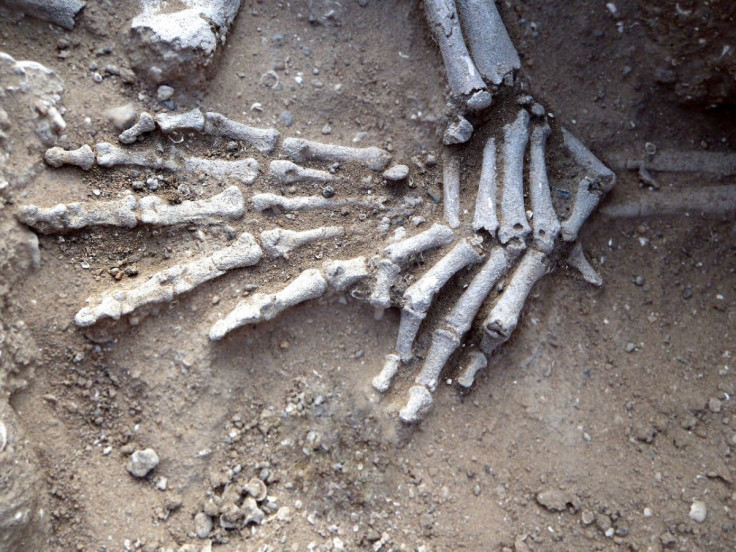Corpses left to rot on US bodies farm in the name of science are coming to the UK

Texas State University's 26-acre decomposition research facility – or 'Body Farm' – allows scientists, FBI and CSI experts to study how humans decompose in the open air to help solve crimes. And if British scientists have their way, one could be coming to the UK sometime soon.
The Forensic Anthropology Centre at Texas State University in San Marcos provides a unique chance for investigators to replicate murder scenes. Evidence gathered here can help convict the guilty or free the falsely accused. Now a UK team is leading efforts to set up a body farm in Europe to see how a range of factors – including injuries, insects, scavengers, illness and the elements – affect the decomposition process in the UK, which has a very different environment from Texas.
It would be one of only eight such facilities in the world. But backers of the UK project face daunting hurdles, not least the availability of bodies, public opinion and legal changes needed to allow a project to go ahead here.
Dr Daniel Wescott, director of the Texas Centre, explained: "The work carried out by the centre is invaluable to proving someone's guilt or innocence and crucial to ensure justice is properly served. The power of the findings here should not be underestimated. Even by the way a body is left, we can often tell if the killer knew the victim. Those who murder loved ones tend to lay the body down carefully, almost in a comfortable position. Murderers who do not know a victim simply dump the body."
The secret farm
The Body Farm occupies a 26-acre reserve. More than 250 bodies, including one British woman, have been examined so far. A further 300 people have offered to donate their bodies to his research team.
A new body arrives every five or six days. All the "volunteers" have donated their bodies – with next-of-kin's consent. Dr Wescott, who is often called on as an expert witness in court, said: "We have no unmarked people, homeless or anyone who is not wishing to be here. That helps enormously, in that we have a wealth of information about the person's life before we lay them out to decompose."
Dr Wescott went on: "They're laid out on their backs, unclothed, so we can document how they decompose. Some are in cages to protect them from scavengers, others are in the open. Students come out every day to photograph the remains, write notes about the insect activity and what stage of decomposition they are at."
Police dog teams use the ranch for training too. Cadaver dogs – trained to locate bodies – and search-and-rescue hounds hone their skills here. The wealth of research is the envy of police and forensics teams worldwide.
British corpse farm
While some British universities have hosted sites for human taphonomy – the study of what happens to a body after death – they have been limited to using animal remains, usually pigs. Dr Wescott believes it is vital Britain follows in America's footsteps to ensure the UK stays one of the world's leading forensic countries.
"Although Britain, and Europe for that matter, can learn much from the work we do it will not always be truly accurate for their purposes," he added. "The way a victim decays in the US is very different to how they would decay in the UK. The weather and environment can play a huge part.
"While we have vultures, raccoons, coyotes and cats which scavenge on bodies, British wildlife is very different. The destruction a vulture does is very different to, say, how a fox or badger would tackle a corpse. Ultimately, the work we do is to prove the innocent innocent and the guilty guilty. Britain has a right to that too."
© Copyright IBTimes 2025. All rights reserved.






















